Nations split on plastics treaty focus as UN talks close
The first round of negotiations on a global plastics treaty ended on Friday with a split on whether goals and efforts should be global and mandatory, or voluntary and country-led.
The event, which was first of a planned five sessions of the Intergovernmental Negotiating Committee (INC), was held in Punta del Este, Uruguay, and attended by more than 2,000 delegates from 160 countries who agreed to put an end to plastic pollution.
The negotiations pitted a "High Ambition Coalition," including European Union members, against countries including the United States and Saudi Arabia, which have the world's top plastic and petrochemical companies.
The meetings aim to form the first legally binding agreement on plastic pollution by the end of 2024 to create a global convention with a common global approach to tackle plastic pollution.
More than 145 countries have given a nod to for a treaty with specific and common global rules.
But nations have split on whether to emphasize recycling and waste management or whether to reduce the production on plastic.
The US has demanded the pact to look like that of the Paris climate agreement, whereas Saudi Arabia wants a treaty focused on plastic litter that is built on "a bottom-to-top approach and based on national circumstances."
The High Ambition Coalition of over 40 countries, including EU members, Switzerland, host Uruguay and Ghana, demands the treaty to be based on mandatory global measures, including production cuts.
"Without a common international regulatory framework, we will not be able to address the global and increasing challenge of plastic pollution," Switzerland said in its position statement.
In March, the UN agreed to create the treaty to deal with plastic waste but differed on major issues, including whether to limit plastic production, phase outs types of plastics and universal global rules.
According to critics, these differences could weaken the formation of a global treaty.
"Although in the minority, there are some powerful opponents of global rules and standards, which risk potentially weakening obligations on countries to take action,” said Eirik Lindebjerg, WWF global plastics policy lead.
“It’s not going to get us where we need to go. It’s not going to restrain plastic production. It’s not going to get the toxics out of plastic. It’s not going to arrange a just transition for workers especially waste pickers. It’s going to be a lot of fancy words with no substance,” said Neil Tangri, from the Global Alliance for Incinerator Alternatives.
The environmental group Greenpeace has warned that in the absence of a strong treaty, plastic production could double within the next 10-15 years, and triple by 2050.
UN secretary general Antonio Guterres urged nations to tackle plastic pollution and production.
"I call on countries to look beyond waste and turn off the tap on plastic," he said on Twitter.
Plastics are fossil fuels in another form & pose a serious threat to human rights, the climate & biodiversity.
— António Guterres (@antonioguterres) December 2, 2022
As negotiations towards an agreement to #BeatPlasticPollution continue, I call on countries to look beyond waste and turn off the tap on plastic.
Meanwhile, the WWF has called for the negotiations to result in an ambitious and inclusive treaty, with efficient control measures applicable at various levels, and which considers financial, technical and technological mechanisms to carry out a just transition at a global level.
According to the UN, plastic pollution can alter habitats and natural processes, reducing ecosystems’ ability to adapt to climate change, directly affecting millions of people’s livelihoods, food production capabilities and social well-being.
Approximately 7 billion of the 9.2 billion tonnes of plastic produced from 1950-2017 became plastic waste, ending up in landfills or dumped.
Developed nations have so far failed to provide or promote an alternative to plastic at a world level, that is as durable and reliable as that of plastic.
VIDEO | Yemen; a bone in Israeli neck
D-8’s role in Iran’s economy after Cairo summit
China slams US as ‘war-addicted’ threat to global security
China ‘firmly opposes’ US military aid to Taiwan
VIDEO | Press TV's News Headlines
President Yoon Suk Yeol to be removed from office
At least 19 Gazans killed by Israeli airstrikes since dawn: Medics
Leader: Iran neither has nor needs proxy forces


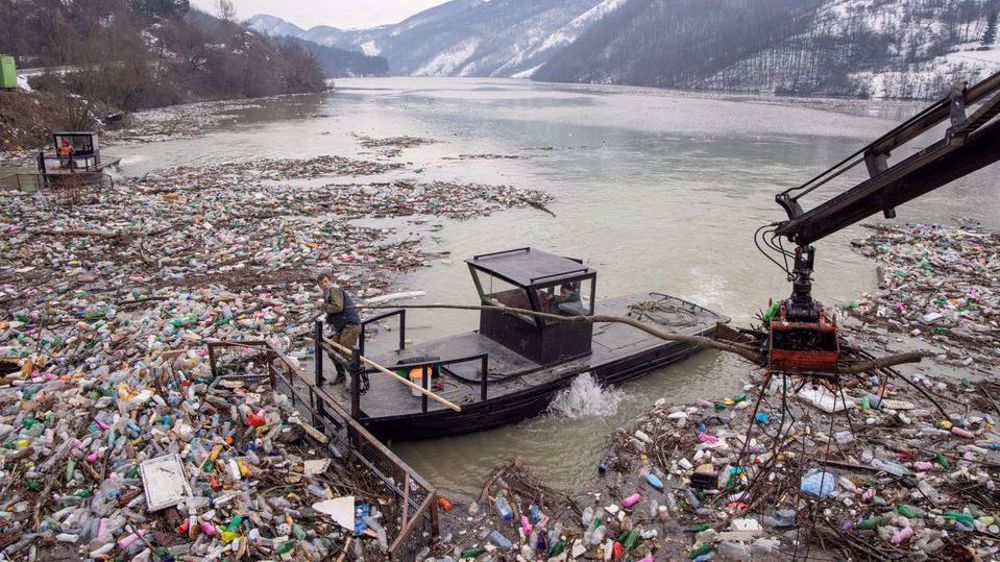






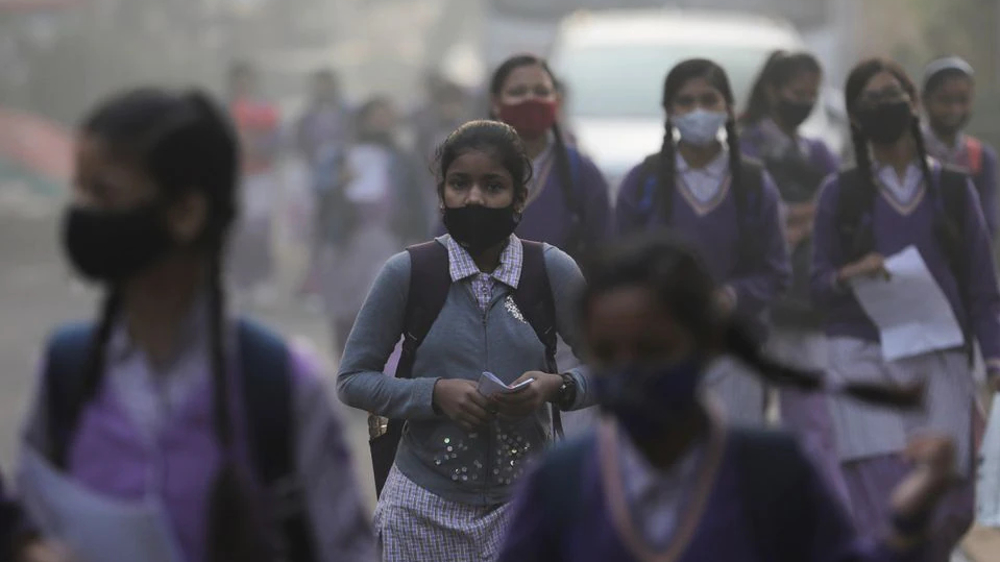
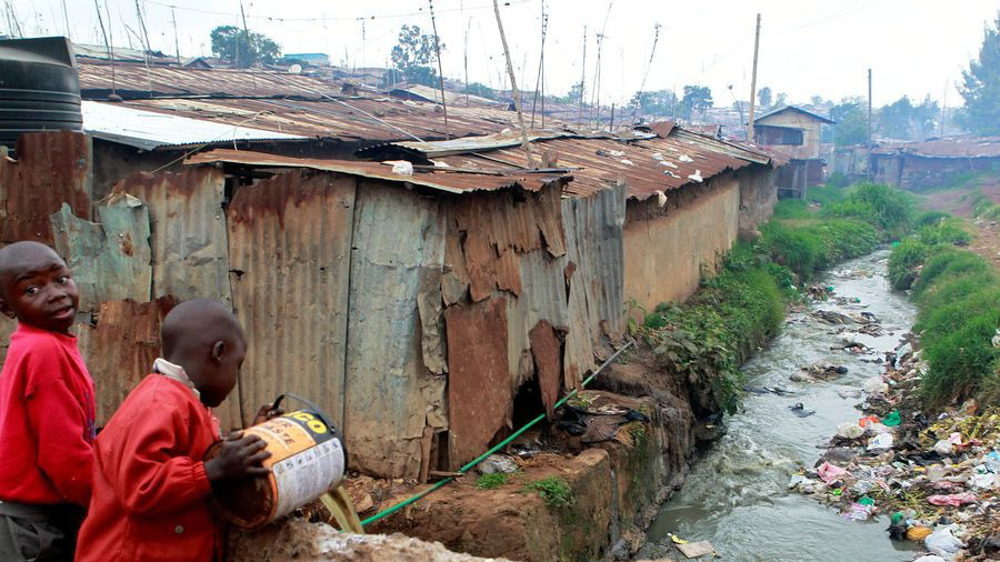
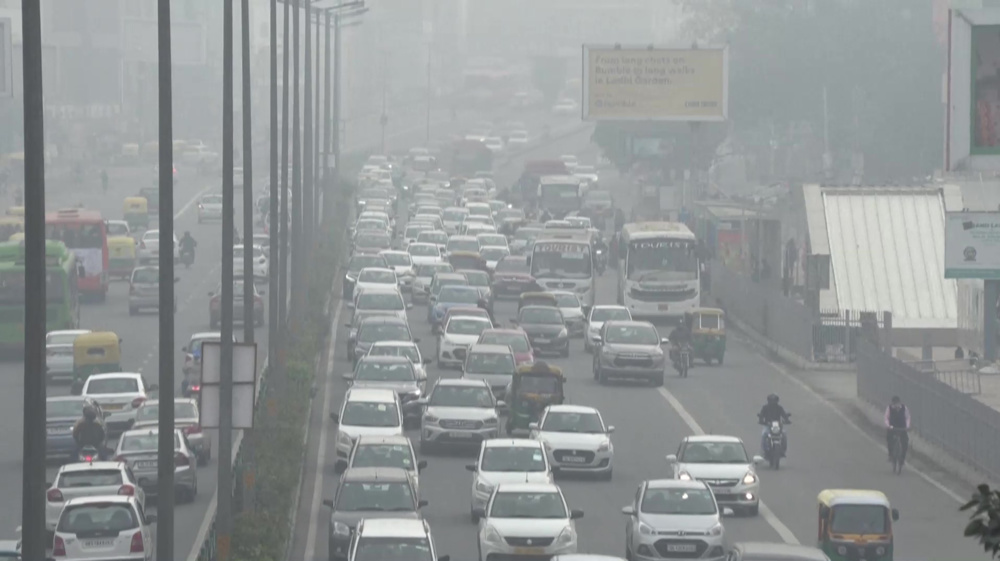
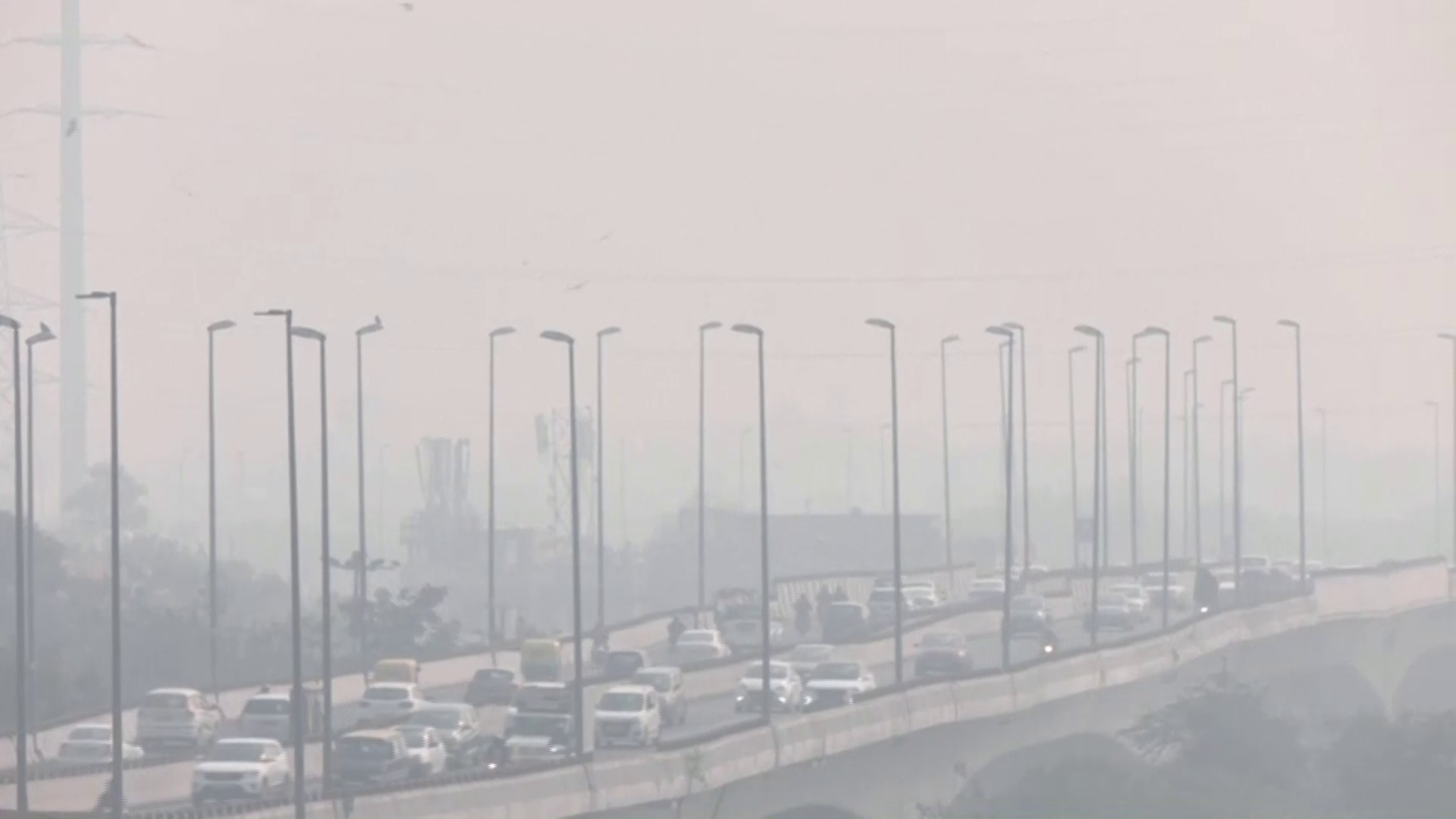

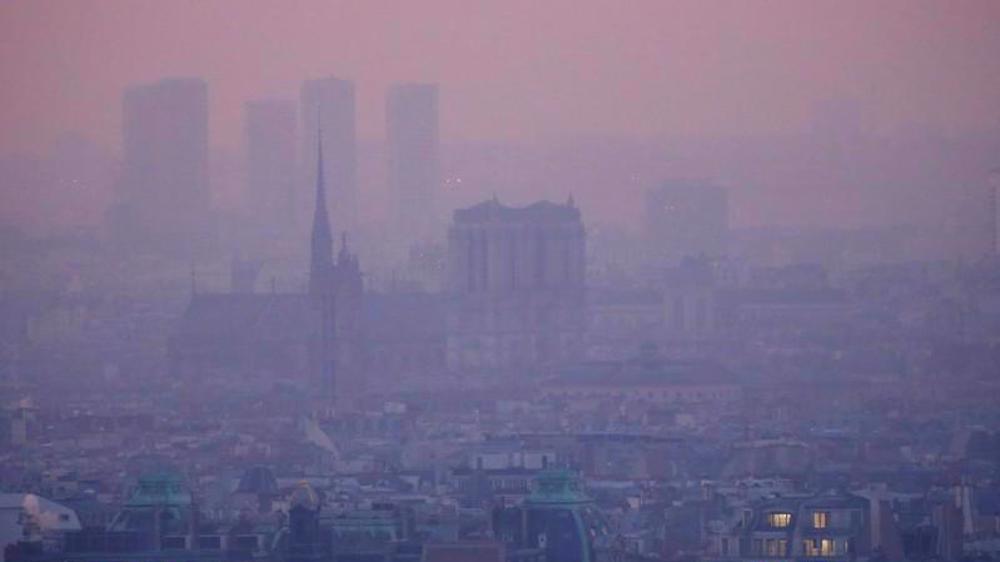
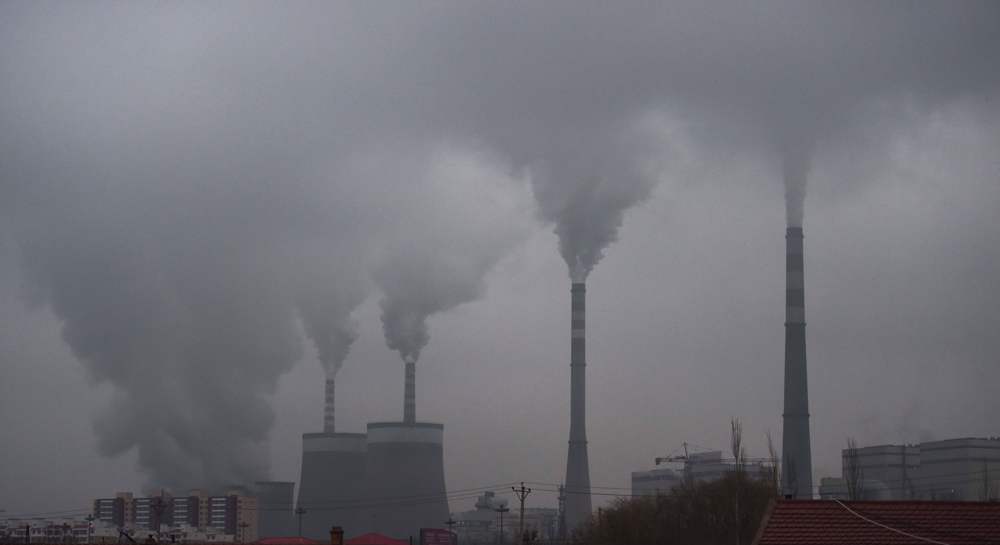
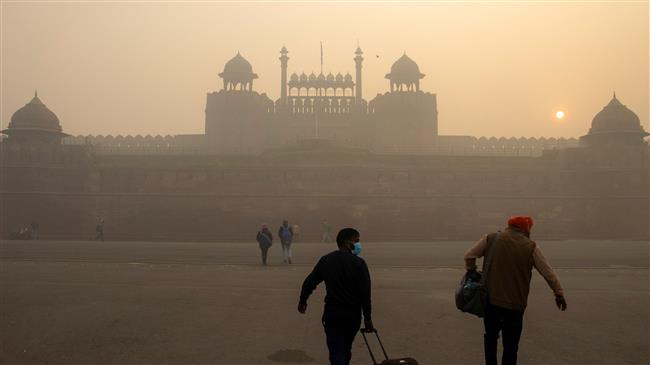

 This makes it easy to access the Press TV website
This makes it easy to access the Press TV website